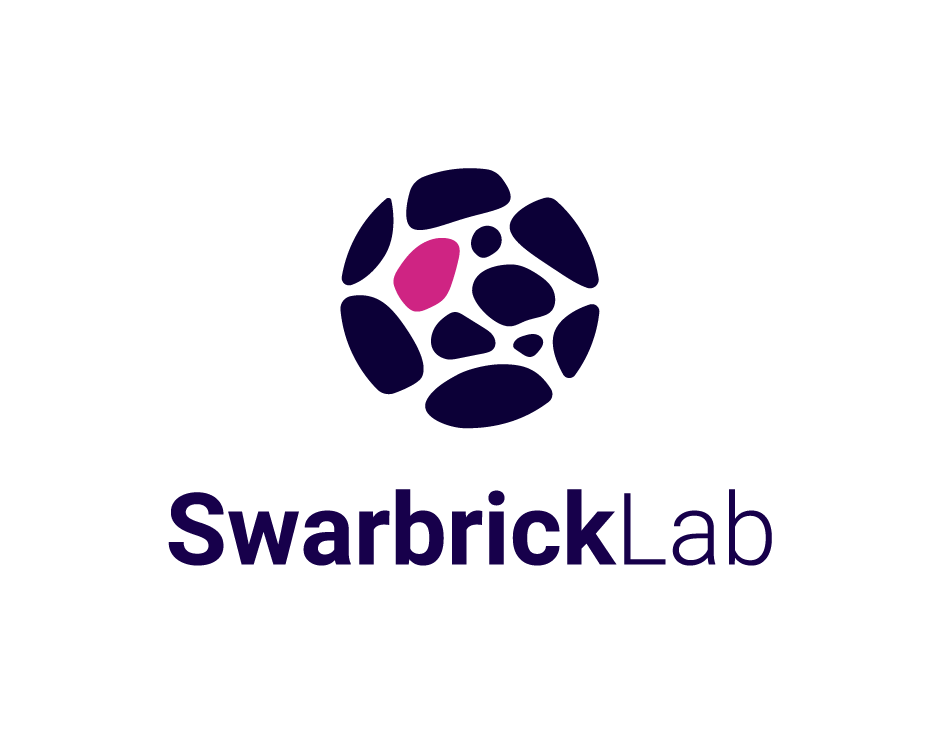Investigating the dynamic cellular ecosystems in solid tumours
The Swarbrick lab is a multidisciplinary group with the mission to develop new treatment strategies for breast and prostate cancer, melanoma and the childhood cancer neuroblastoma. We study human disease and patient-derived xenografts using advanced cell biology, immunology, molecular biology and computational methods.
We are leaders in the application of cellular genomics to oncology. Single cell and spatial genomics are revolutionizing our understanding of cell biology, immunology and genomics and promise to fuel a new generation of biological insights and treatments for cancer. We have optimised and developed methods to permit high-plex multiomic single cell and tissue analysis, measuring whole transcriptomes, hundreds of protein markers and targeted genome sequences from thousands of cells per sample.
With our close clinical collaborators, we have an active fresh tissue collection program, building unique cohorts of tissue sampled throughout disease progression:
Early disease, both untreated and undergoing neoadjuvant therapy
Metastatic disease, sampled at relapse and during adjuvant therapy
At death from cancer, we harvest multiple metastatic deposits from consenting participants through our rapid autopsy program.
These tissues are analysed by cellular genomics and xenografted into mice to generate renewable avatars of disease, otherwise known as patient-derived xenografts (PDXs). These models are then used to test novel mechanistic hypotheses, treatments & biomarkers. We lead one of Australia’s largest patient-derived xenograft programs, with more than 70 models of disease.
The most promising biomarkers or treatment strategies undergo rigorous preclinical testing followed by early phase clinical trials. This approach is exemplified by our recent paper in Nature Communications, in which we use single cell genomics to discover the mechanism of Hedgehog signaling in breast cancer, validate the efficacy of anti-hedgehog drugs (smoothened inhibitors) in PDX models, then conduct a first-in-kind phase I clinical trial.



